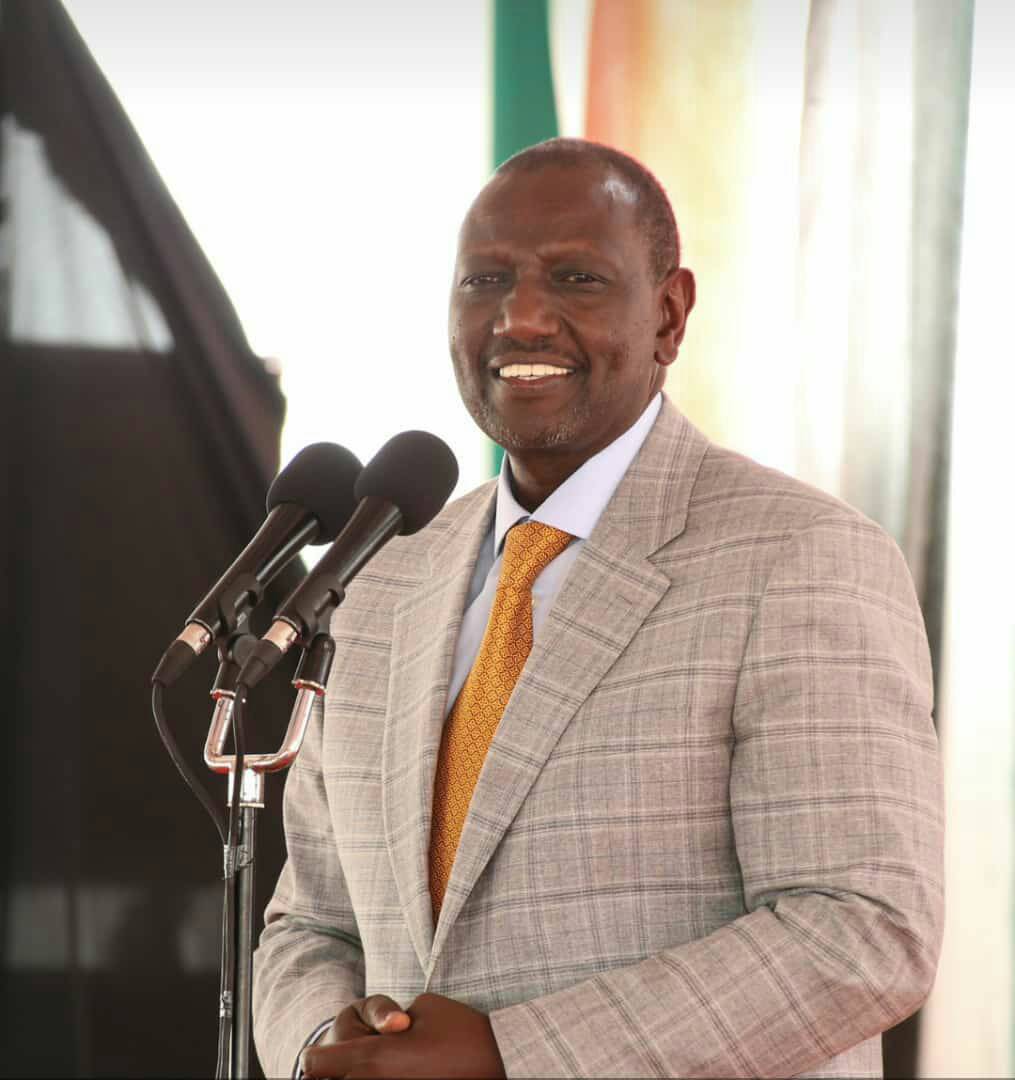Observers note that under Article 115, the President has only three options: to assent to the Bill, refer it to Parliament for amendment or sit on it until it becomes law 14 days after passing by National Assembly
A subdued President William Ruto today convened a second press conference at Statehouse in as many days and said he has conceded to pressure from opponents of the Finance Bill 2024 and not signed it into law.
Instead, the President referred the controversial Bill, which was approved by MPs on Tuesday amid deadly clashes between protesters and anti-riot police, back to the House with a recommendation that all its clauses be deleted. In effect, this means that he has rejected the Bill in its entirety and the House must either originate a new Bill or pass the Bill with a two thirds majority vote. A new Bill would require inputs from the whole nation.
“There is a need for us as a nation to pick up from here and go into the future and because we have gotten rid of the Finance Bill, it is necessary for us a nation going forward to have a conversation on how to manage the affairs of the country together, our debt situation and the deficit that exist,” he said in his second address from State House, Nairobi following Tuesday’s chaos.
He promised to engage the youth to understand their issues and also explain what the government is doing for them.
In referring the Bill back to the House, the President he exercised one of the three options that were before him, the other two being signing it into law or sitting on it, which would have meant it would have become law.
Section 115 (1) of the Constitution states that within fourteen days after receipt of a Bill, the President shall assent to the Bill; or refer the Bill back to Parliament for reconsideration by Parliament, noting any reservations that the President has concerning the Bill.
Article 115 (6) states that if the President does not assent to a Bill or refer it back within the period prescribed in clause (1), or assent to it under (5)(b), the Bill shall be taken to have been assented to on the expiry of that period.
However, this being an unprecedented situation, following the storming of Parliament by protesters and deployment of Kenya Defence Forces against mainly Gen Z demonstrators, the President rather than stick to his own memorandum has given room to further input to make the Bill more agreeable and thus defuse more tensions.
Ordinarily, MPs would have only considered the presidential memorandum and either pass it or reject it by garnering a two thirds majority, a herculean task given the respective numbers in the National Assembly.
The government also had the option of dropping the Bill before it passed the committee of the whole House stage, which would have meant that the Appropriations Bill will not have been passed until the Finance Bill is reintroduced, which according to the Standing order stipulate can only happen after the expiry of six months.
President Ruto is under pressure from the International Monetary Fund (IMF), which among others is pushing for the broadening of the tax base, for Kenya to access loans for debt repayment and budget support.
Among the austerity measures he announced yesterday is the exclusion of travel, hospitality, purchase of motor vehicles and renovations expenses by the presidency from the confidential vote, which will expose them to control by the Controller of Budget, in addition to scrutiny by the Auditor General and Parliament.
The presidency spends billions of shillings every year under this secret fund.
He also asked the Judiciary, Parliament and the county governments to work with the National Treasury to align their budgets to the new reality.
The planned renovations of the office of Deputy President Rigathi Gachagua, his official residence and State Houses and lodges are among those that will be affected.
But, at the same time, it remains to be seen whether the Judiciary, Parliament and the counties will play ball and reduce their budgets.
It is also not clear whether the Teachers Service Commission will get money to employ intern Junior Secondary School teachers on permanent and pensionable terms before the fresh budget process is concluded.
Parliament cannot pass the Appropriations Bill, which allocates money and guides government expenditure, before the Finance Bill, which provides for revenue raising measures, is enacted.
But there are those who still do not believe the president is sincere, arguing he could be buying time to avoid the protests engulfing the country.
“I think he [Ruto] is just buying time. I think he has been advised that this is politically damaging. Most likely Western pressure has played a role. He needed to steady the ship after messing up and he is trying to placate the young people. He is noticing he will lose the country,” Willis Okumu, a researcher at the Institute for Security Studies (ISS), told Al Jazeera.
“I don’t believe it is genuine; all those things, I don’t think he will implement that. He has been president for two years and he has delivered zero of what he promised.”
“Yesterday’s speech is what is in his heart. He made that speech trying to intimidate us and he saw it won’t work hence the PR,” a user named Hanifa said on X. “The bill is withdrawn but are you going to bring everyone that died back alive??” @hanifasafi posted on X, formerly Twitter.
